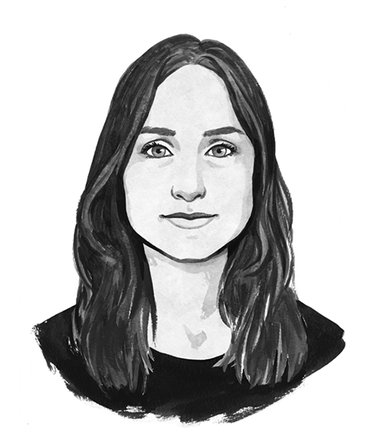Hi,
Loss of smell.
Extreme fatigue.
Memory loss.
These are just a few symptoms mentioned by some people who’ve had Covid-19. A part of this group still suffers months after the infection.
Patients who experience "long covid" have nicknamed themselves "long-haulers". Science journalist Ed Yong wrote a good article about them in The Atlantic in mid-August.
He spoke to David Putrino, a neuroscientist and rehabilitation specialist who has seen many long-covid patients. “It’s like every day, you reach your hand into a bucket of symptoms, throw some on the table, and say, ‘This is you for today,’” he told Yong.
Putrino saw a group that is different from the old and vulnerable patients we know from the news reports. They were younger and were, before they got ill, fitter. The black and white idea that corona kills a number of people and is otherwise "mild" appears to be false, Yong wrote.
Under the radar
Yet these people often stay under the radar. They do not always end up in hospital, don’t appear in the daily deluge of figures, and little is known about the clinical picture. For instance, it is not always possible to say whether their symptoms are actually caused by the disease, or by other causes.
It’s precisely for this reason that research needs to be done. Because there are signs that the disease can cause longer-term damage. For example, researchers from Amsterdam saw that brains of deceased corona patients had extensive damage, and German research found that recovered patients can have scars on the heart.
All of this is preliminary. Exactly what "long covid" is, how long it takes and how many people it affects is still unclear. But this information is necessary, not only to help patients, but also to have an informed discussion about the measures taken against the spread of the virus.
“We cannot fight what we do not measure,” is what Nisreen Alwan, professor of public health at the University of Southampton, told Yong. She herself had been suffering from Covid-19 since 20 March. “Death is not the only thing that counts. We must also count lives changed.”
Without that information we don’t know how "bad" Covid-19 really is and if we’re taking the right measures. Then we are blinded by mortality rates while there’s a group that’s also suffering, but remains invisible. And the "mild" cases suddenly turn out not so mild after all. Or maybe that group turns out to be small in the end. We’ll have to see.
Do you know researchers who are working on this subject, or do you suffer from these kinds of complaints yourself? I’d love to hear from you.
Happy birthday to The Correspondent
Something completely different: today is The Correspondent’s birthday. One year old!
I love that my work now appears in both Dutch and English. Take my interview with science journalist Angela Saini, my article on "motivated reasoning", and my explainer on corona figures. And don’t forget this newsletter, which has been whooshing around the world since 2019!
Would you like to check out other pieces? I can recommend Emily Dreyfuss’s essay. She writes about the hype around bread baking during the corona crisis – beautifully written, it comments on the desire to follow strict rules in uncertain times.
I also suggest you read these articles: Irene Caselli on what politicians can learn from children, Tanmoy Goswani on the impossibility of social distancing in India or Nesrine Malik on the importance of a society that protects us rather than chases profit.
It’s great to see the work of my Dutch colleagues now getting a larger audience. Jesse Frederik and Maurits Martijn’s story about online advertising went viral, I hope JK Rowling will get to read the beautiful essay by Valentijn de Hingh, and I was quite proud when Philip Tetlock tweeted about my article on the necessity of doubt.
Okay, this link dump is almost over. If you want to explore our archive further, this is a good place to start. Are you already a member and would you like to renew? You can do that here. Not a member yet, but like what you’re seeing? Become a member here.
Before you go ...
Last time I told you about Strangers in Their Own Land, a book by Arlie Russell Hochschild. The piece on the book comes out this Friday. I hope to see you in the contribution section!
 Prefer to receive this newsletter in your inbox?
Follow my weekly newsletter to receive notes, thoughts, or questions on the topic of numeracy.
Prefer to receive this newsletter in your inbox?
Follow my weekly newsletter to receive notes, thoughts, or questions on the topic of numeracy.
